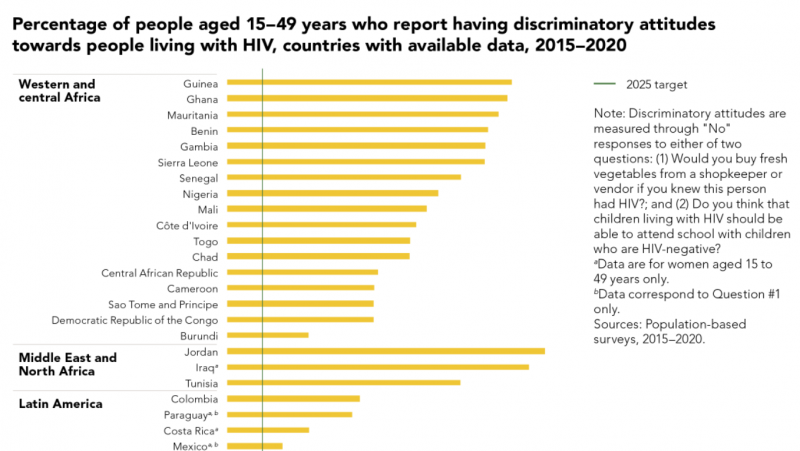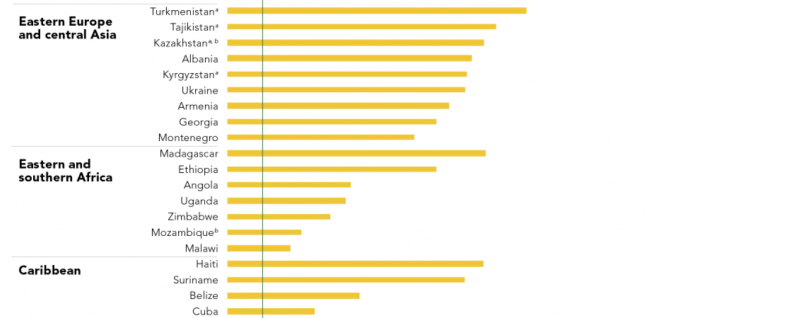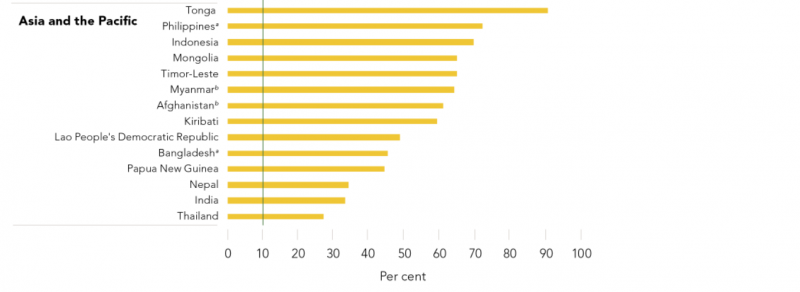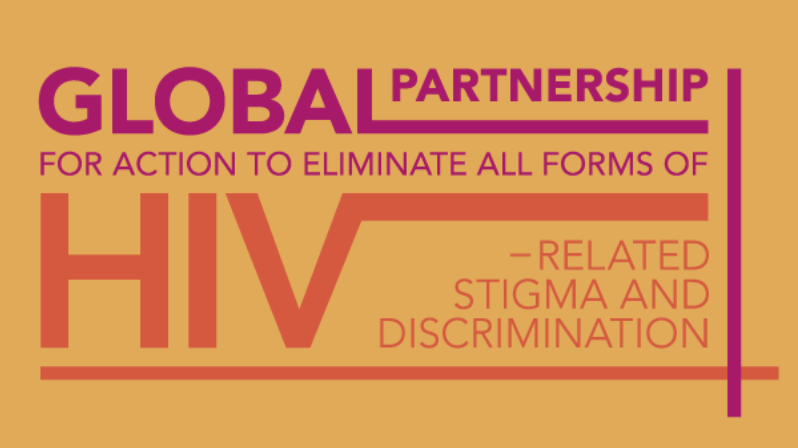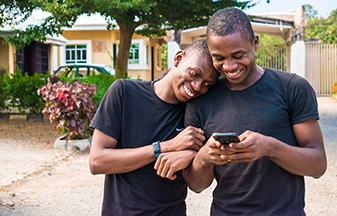On 1 March, Marc Angel, a Member of the European Parliament and former champion for the 90–90–90 HIV targets, hosted a virtual Zero Discrimination Day parliamentary event. The event, co-organized by the Global Partnership for Action to Eliminate all Forms of HIV-Related Stigma and Discrimination (Global Partnership), brought together high-level speakers who are passionate about ending discrimination in the European Union (EU) and beyond.
The speakers addressed HIV-related rights violations, societal barriers, including laws and policies, and the underlying stigma and discrimination that fuels the AIDS pandemic. Reflecting on their own work and experiences, they discussed how the EU and its member states could advance the work of the Global Partnership in ending discriminatory laws, policies and practices within the EU region and partner countries.
“Stigma and discrimination hurt the fight against HIV/AIDS, as they constitute a major obstacle to seeking testing and accessing or staying on treatment,” said Helena Dalli, the EU Commissioner for Equality. “We can, and must, combat HIV stigma and discrimination, speak up, collect evidence and share facts and knowledge.”
Evidence gathered by community networks and civil society organizations reveals significant levels of stigma and discrimination and other human rights violations that impact people living with and affected by HIV in the EU, which has been exacerbated by the COVID-19 pandemic.
“When it comes to the EU, there are still growing inequalities, which are major barriers in the HIV response,” said Ferenc Bagyinszky, the Executive Coordinator of AIDS Action Europe. “The global AIDS strategy gives an excellent opportunity for the EU and its member states, together with the communities, to work towards ending these inequalities in the EU, especially in relation to the 10–10–10 targets.”
“The EU can make a critical contribution to address HIV-related stigma and discrimination by establishing linkages with its various human rights and gender equality projects,” said Mandeep Dhaliwal, Director of the HIV, Health and Development Group of the United Nations Development Programme.
“By leveraging its expertise, resources and political leadership to support communities and partner countries in ending HIV-related stigma and discrimination wherever it exists, the EU can make a huge contribution to getting the HIV response back on track,” said Matthew Kavanagh, UNAIDS Deputy Executive Director, a.i., Policy, Advocacy and Knowledge.
To date, 29 countries, none of which are EU member states, have joined the Global Partnership.
Luxembourg’s Minister for Development and Humanitarian Affairs, Franz Fayot, announced Luxembourg’s support for the Global Partnership, the first EU member state to do so. “We support the work of the Global Partnership and can only applaud its role in assisting countries in achieving the 10–10–10 targets by removing laws that harm and creating laws that empower. The Global Partnership’s strategic approach and inclusive platform to manage the diverse human rights violations faced by people living with HIV and marginalized populations will be key to addressing counterproductive discriminatory practices,” Mr Fayot said.
“The Global Partnership is a unique opportunity for the EU and its member states to end intersecting inequalities and injustices for a pandemic-resilient Europe and the world,” said Mr Angel.
Catharina Rinzema, a Member of the European Parliament, spoke about the importance of talking about HIV openly, to correct misconceptions and help the public to educate themselves. She also alluded to the stigma and discrimination that lesbian, gay, bisexual, transgender and intersex people face in the EU. “We should have a blood donation policy where it doesn’t matter with whom you have sex, but whether the sex was safe,” she said.
Maria Walsh, a Member of the European Parliament, referred to the effects that stigma and discrimination has on the mental health and well-being of people living with HIV and called for an inclusive and comprehensive EU mental health strategy. “In order to break the stigma and empower HIV-positive people, it is essential that we speak openly and honestly about their lived experience,” she said.
Mr Angel concluded by encouraging EU member states to join the Global Partnership and highlighted the need for global and concerted action to meaningfully advance towards ending HIV-related stigma, discrimination, inequalities and AIDS by 2030.



